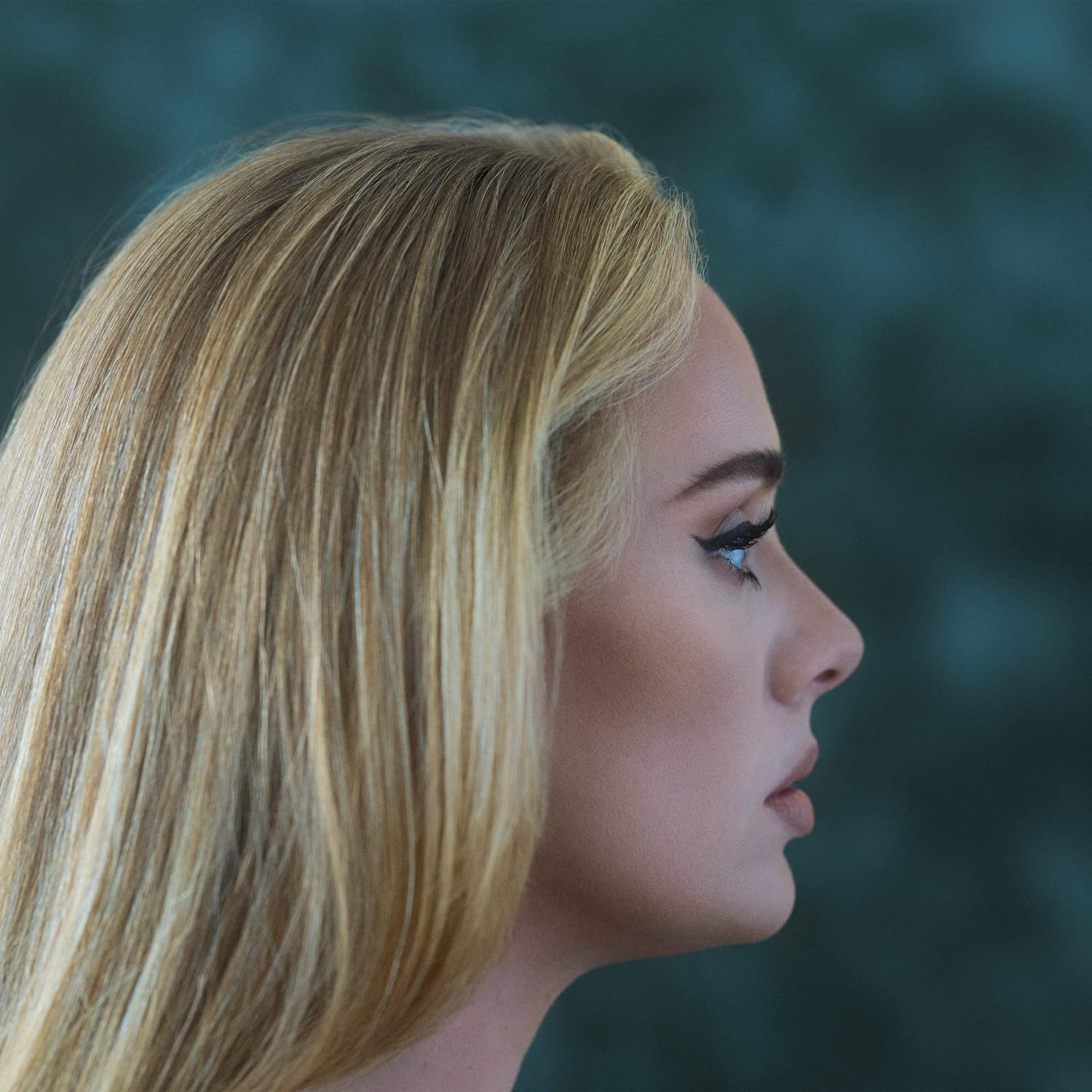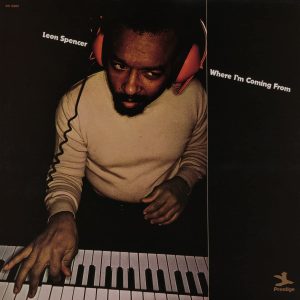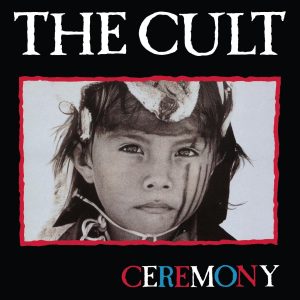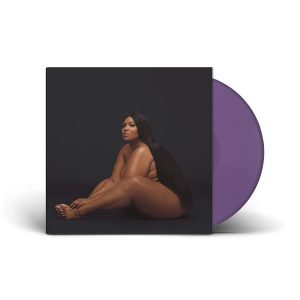Look, I’ve been spinning records since before most streaming subscribers knew what a B-side was, and when Adele’s “30” landed on my turntable, I felt that rare tremor of something authentic cutting through the digital noise of modern music consumption.
Six years after “25” – a lifetime in the attention-deficit economy of today’s music industry – Adele returns not with a whimper but with the kind of soul-baring opus that demands the full vinyl treatment. The double BLACK VINYL LP edition of “30” isn’t just a format choice; it’s the proper canvas for what might be her most emotionally textured work yet.
The vinyl’s generous 58-minute runtime spreads across four sides like chapters in an audio memoir, giving proper breathing room between the emotional peaks and valleys. There’s something deliciously fitting about hearing Adele’s voice – that instrument that seems engineered specifically to bypass your defenses – emerge from the warm imperfections of analog sound.
Production-wise, Adele has assembled a murderer’s row of collaborators. The familiar hands of Greg Kurstin, Max Martin, and Shellback return, but it’s the addition of Inflo (of SAULT fame) and Ludwig Göransson (whose fingerprints are on everything from Black Panther to The Mandalorian) that pushes her sound into fascinating new territories. The result is music that feels both timeless and decidedly of-the-moment.
The BLACK VINYL edition comes housed in packaging that feels appropriately substantial – weighty like the emotions contained within the grooves. For collectors, Amazon offers an EXCLUSIVE WHITE VINYL variant that will undoubtedly appreciate in value faster than you can say “limited edition.”
What strikes me most about experiencing “30” on vinyl is how it transforms from a collection of songs into a deliberate journey. The ritual of flipping the record creates natural intermissions, moments to absorb what you’ve just heard before continuing. In an age of endless playlists and algorithm-driven listening, there’s something revolutionary about an album that demands to be experienced precisely as the artist intended.
The sonic dynamics – from whispered confessionals to full-throated emotional crescendos – benefit tremendously from vinyl’s wider dynamic range. Digital compression, the silent killer of emotional impact in music, has no place here.
For those who’ve followed Adele’s evolution from “19” through “21” and “25,” this album represents not just a continuation but a maturation. The vinyl format, with its inherent physicality and presence, feels like the only appropriate vessel for music this emotionally present.
If you’re wavering between formats, let me make it simple: choose the vinyl. Some music deserves more than to be compressed into a digital file and shuffled between podcast episodes on your morning commute. “30” is an album that rewards the investment – both in the format and in the uninterrupted time you give it.
Trust me on this one – I haven’t steered you wrong on vinyl recommendations yet, have I?
Adele’s “30” isn’t just another record—it’s a seismic event that redefines what vulnerability in pop music can sound like. Six years after “25,” Adele returns with what might be her most emotionally resonant work yet, a collection that strips away pretense and delivers raw confessional power that is impossible to fabricate.
The voice remains, of course, that magnificent instrument that could make a shopping list sound like poetry. But here, she’s using it to excavate the ruins of her marriage, navigate single motherhood, and rebuild her sense of self. The result is both devastating and strangely comforting—like getting a long, tearful hug from an old friend who’s been through hell and somehow emerged stronger.
Working with producers Greg Kurstin and Ludwig Göransson (the latter fresh off his “Black Panther” soundtrack triumph), Adele creates soundscapes that feel both timeless and contemporary. The arrangements breathe around her voice, sometimes sparse piano accompaniments, sometimes lush orchestrations that swell at precisely the right moments without ever overwhelming her presence.
I was particularly struck by “To Be Loved,” which belongs in the pantheon of great vocal performances. It’s the kind of track that makes you stop whatever you are doing and just listen—Adele pushing her voice to breaking points not as a technical exercise but because the emotional truth requires it. I haven’t heard someone commit so completely to a performance since Nina Simone’s most heart-wrenching recordings.
There’s an interesting story about “I Drink Wine,” one of the album’s standouts. Adele originally recorded a 15-minute version of the song—a sprawling, unfiltered meditation on fame and authenticity that her label executives gently suggested might be too much for casual listeners. The trimmed version we get still contains the philosophical core: “How can one become so boundless by trying to fit in?” It’s the kind of existential question most pop stars wouldn’t dare approach.
If you are someone who values emotional honesty in music, “30” is essential listening. If you’ve ever had to rebuild your life after a significant loss, these songs will feel like dispatches from a fellow traveler. And if you simply appreciate vocal performance as an art form, Adele remains in a class by herself.
What strikes me most about “30” is how it refuses to offer easy answers. This isn’t a neat narrative arc where heartbreak leads to empowerment anthems. It is messier, more truthful—sometimes contradictory in the way actual human emotions tend to be. In response to a rising demand for of carefully curated social media personas, there’s something revolutionary about that level of authenticity.
The album feels like sitting across from someone at 2 AM, wine glasses empty, when the real conversations happen. Not everyone will want that intimacy from their pop music, but those who do will find “30” to be a profound companion.
Shop now



Reviews
There are no reviews yet.